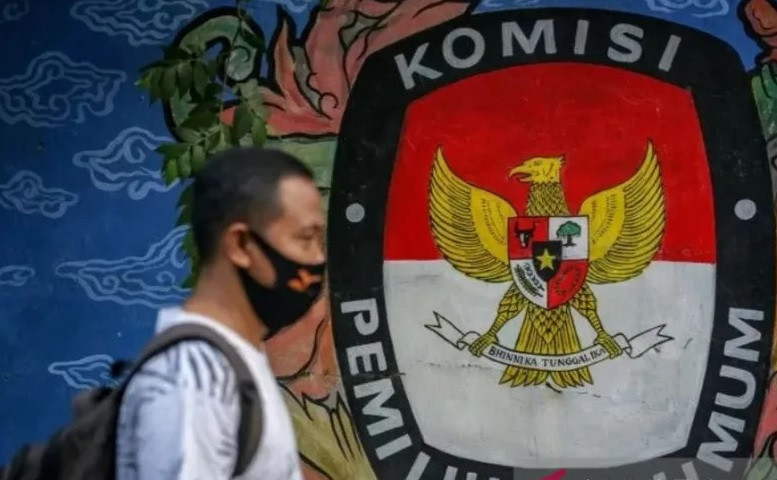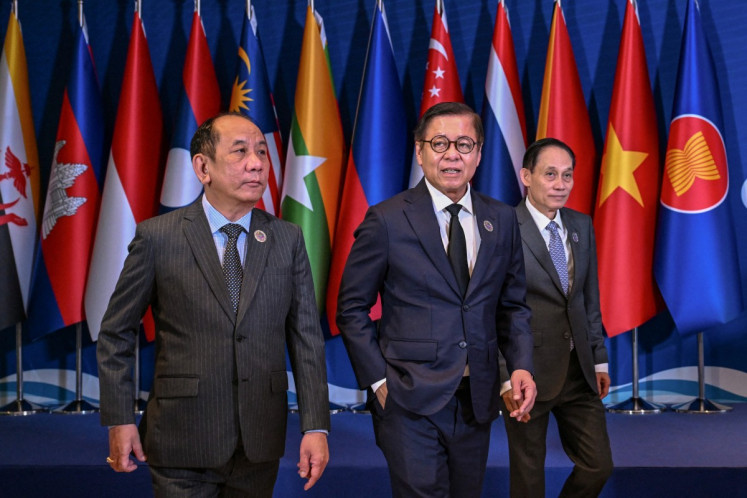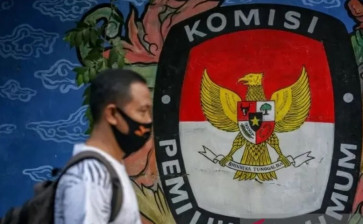Popular Reads
Top Results
Can't find what you're looking for?
View all search resultsPopular Reads
Top Results
Can't find what you're looking for?
View all search resultsManufacturing polarization: More ‘kadrun’ and ‘cebong’ in 2024?
A much bigger danger actually comes from the co-optation of said industries by the political elites.
Change text size
Gift Premium Articles
to Anyone

As the pro-government parties seek to forge a grand alliance to take on the coalition of parties backing the opposition figurehead, Anies Baswedan, fears are growing that we will have another polarizing presidential election.
This is partly because the former Jakarta governor himself is already a polarizing figure. It is an electoral baggage that will follow him throughout his political career. The former rector of Jakarta’s Paramadina University was elected governor in the most divisive election in the capital, during which thousands of conservative Muslims rallied against his opponent, Basuki “Ahok” Tjahaja Purnama, an Indonesian Christian of Chinese descent.
But regardless of your opinion of Anies, he alone would not be able to shape the tone of the overall election campaigns. If we are concerned the 2024 race is to become ideologically divisive, then we need to identify the structural problems that have enabled the political elites to manufacture ideological polarization in cyberspace to further their interests.
First, we need to acknowledge the elephant in the digital room: The business model of big tech is hurting democracy.
Studies have shown how social media companies such as Meta and Twitter are complicit in the proliferation of online mis/disinformation. This is because, quoting Woolly (2023), “they make money from the spread of content, whether the content is good or bad, true or false, useful or damaging”.
In a similar vein, Zuboff (2019) argues mis/disinformation is part and parcel of what she calls the “surveillance capitalism” of Big Tech, which prescribes the act of “radical indifference” toward online content.

Big tech has promised to do more to combat fake news and other negative content to make their social platforms safer for everyone. But as long as it relies on virality to make a profit, we should not hold our breath; it will take some radical measures to actually make a difference.


















